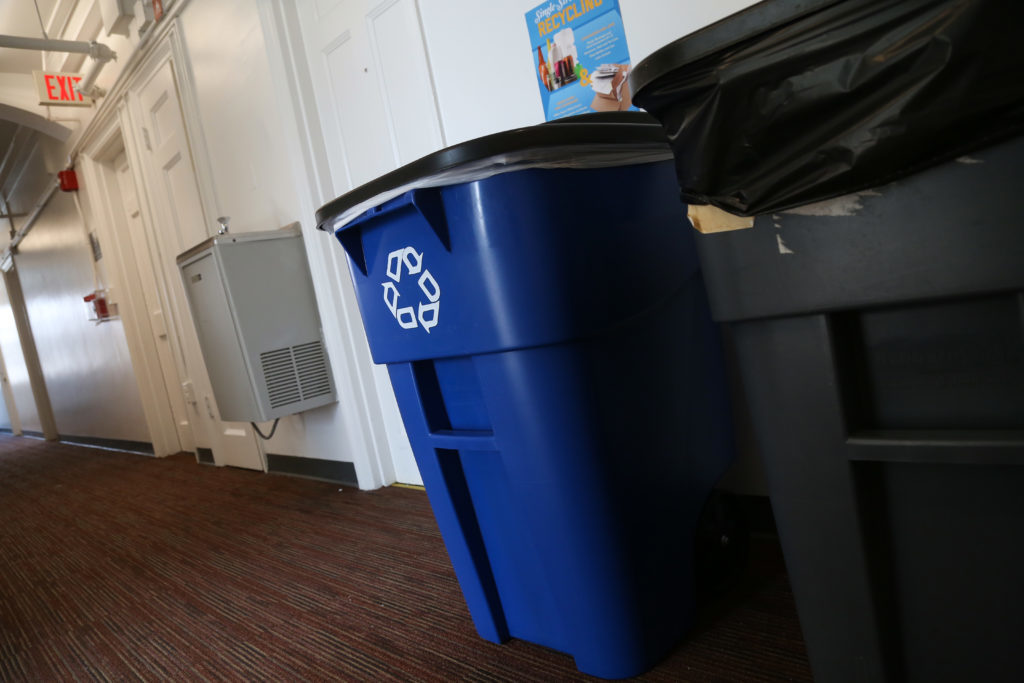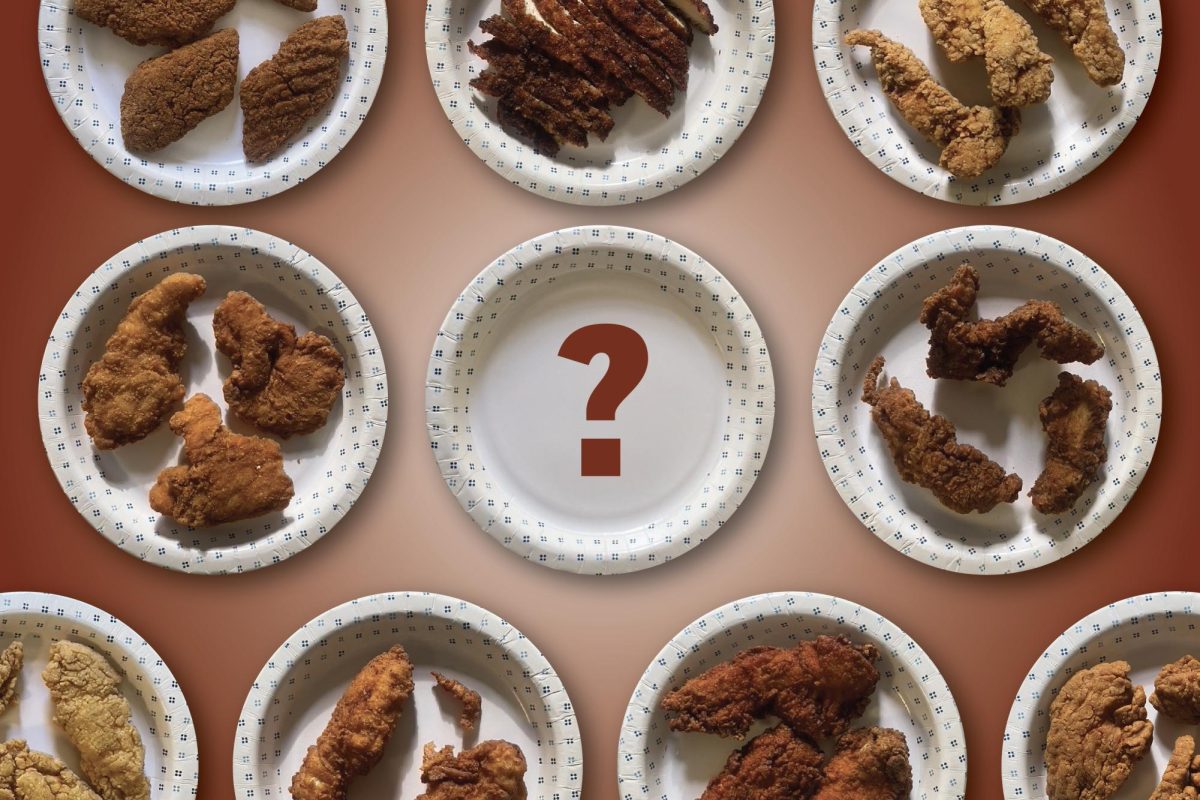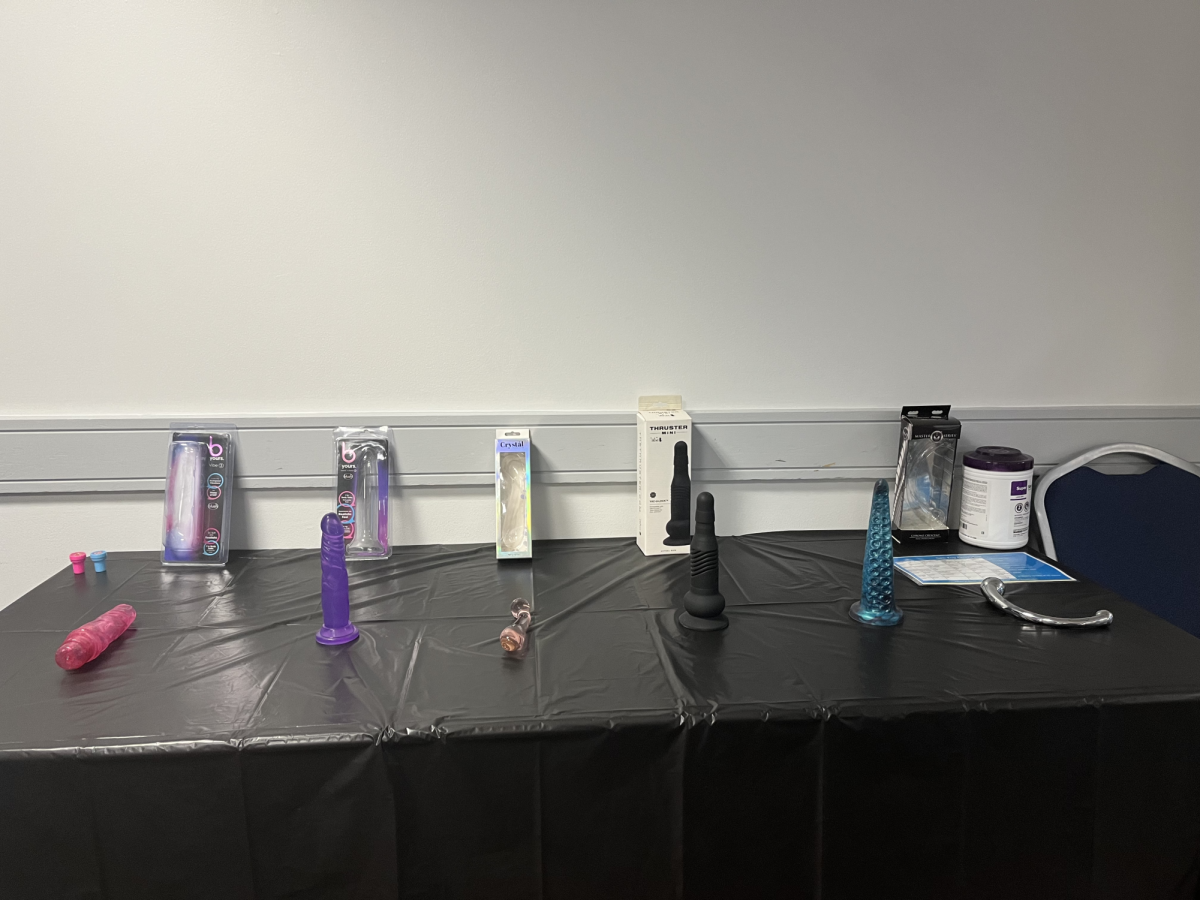Packing for freshman year feels like packing your entire life into a few boxes in the trunk of your car – and that’s because it is.
Although packing up your belongings to start a new life is stressful, it can be even more stressful on the environment. From boxes to bubble wrap, a lot of waste is produced when moving – and some of it can be avoided.
To make the Earth more green, and to even save some green while you’re at it, here are a few tips for how to keep your packing sustainable for your first year of college.
Packing for campus
Fragile items require extra packaging and padding, which can lead to the use of bubble wrap, styrofoam and other types of packaging materials that produce large amounts of waste. Rather than buying new packaging materials, use a few common household items.
Old newspapers, plastic grocery bags and the band posters you had in middle school make for effective packing materials. Rather than picking up the bubble wrap to cushion your favorite mug, use an old Jonas Brothers poster or stick it between a few chunky sweaters in your suitcase for some extra padding.
Shipping from home
If you’re flying to GW this fall and need to ship a few items, don’t buy new boxes. Save money and cardboard by using leftover Amazon Prime boxes you have lying around the house. Grab a permanent marker to cross out the original shipping and return addresses, then add new postage and you’re good to go.
Local stores often recycle old boxes that their supplies come in and won’t mind if you take them off their hands. For larger boxes, ask appliance or furniture stores but for anything smaller, grocery stores, liquor stores or any place that gets weekly shipments will do.
Unpacking your first dorm
After you unpack, save the leftover shipping and packaging materials for future travel. Boxes can be easily folded and stored under the bed. If you don’t want to save your boxes, be sure to put them in recycling bins so they can be reused and repurposed.
While you’re unpacking and packing throughout the year, be sure to save Whole Foods bags and small boxes from deliveries. You’ll be thankful you did when you have to pack up all over again in the spring or send a gift home for your mother’s birthday.
What to pack
Even though you won’t have a kitchen in your freshman dorm, there will be plenty of times when you’ll bring home takeout and forget silverware, cook a meal in one of the shared kitchens or let’s get real – eat a pint of ice cream in your bed. Bring a set of silverware and maybe even some dishes so you can avoid adding more waste.
Most college freshman equip themselves with a Keurig so they’ll never be without much-needed caffeine. It’s no secret that Keurig machines can produce a lot of waste, so unless you want to disassemble your used pod into plastic, paper and metal parts, come armed with a reusable pod. Bring some gourmet coffee grounds and you may even be able to get your K-cup-loving roommates to adopt the reusable version.




